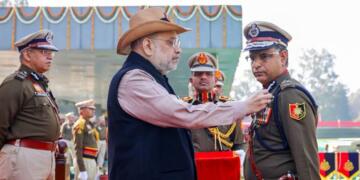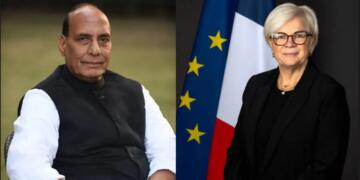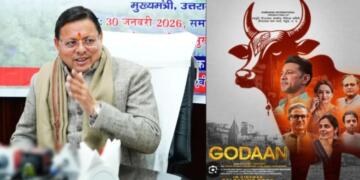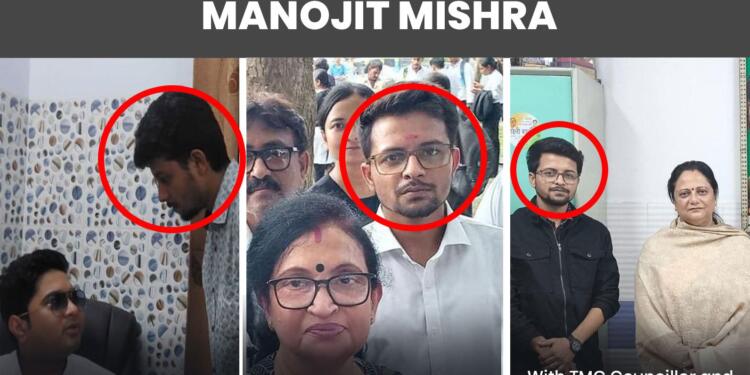In the aftermath of a deeply disturbing gang rape case in Kolkata, the ruling Trinamool Congress (TMC) has found itself in the middle of a storm, but not just because of public outrage. Instead of responding with unity and empathy, top party leaders have turned on each other, trading barbs and blame in full public view.
This shocking political meltdown doesn’t just highlight insensitivity, it points to something much deeper: a party in crisis, struggling to control its own narrative, its leaders, and perhaps even its identity.
What Happened?
On June 25, a 24-year-old woman, a law student, was allegedly gang-raped inside the South Kolkata Law College campus. She had been lured there late at night by a former student, Monojit Mishra, who had past ties to the TMC’s student wing, TMCP. Two others, Pramit Mukherjee and Zaib Ahmed, along with a college security guard, were also arrested.
The incident sent shockwaves across the state. The Calcutta High Court called the crime “barbaric” and said it appeared “planned,” urging a CBI-monitored investigation amid concerns about political interference.
Just months before this case, Kolkata had been rocked by another chilling incident: the rape of a minor girl inside the hostel of RG Kar Medical College. That case, too, involved individuals with alleged political links, and raised serious questions about safety in educational institutions, and the failure of authorities to act until public pressure mounted.
Together, these cases have sparked outrage, protests, and intense scrutiny of both law enforcement and political leaders. But instead of rising to the occasion, TMC leaders have imploded in front of the public eye.
Party Leaders vs. Each Other: What They Said
Instead of standing together, senior TMC figures reacted with divisive, tone-deaf, and sometimes outright offensive remarks:
Madan Mitra, TMC MLA: “If someone calls you to a closed college at night with a promise of a position, don’t go. If she had informed someone, this wouldn’t have happened.”
His words were widely seen as blaming the survivor. The party issued a show-cause notice, but no apology followed.
Kalyan Banerjee, TMC MP: “What can be done if a friend rapes a friend? Police can’t be everywhere.”
He later attacked fellow TMC MP Mahua Moitra, dragging in personal insults and misogyny. “Mahua has come back to India after her honeymoon and started fighting with me! She accuses me of being anti-woman. What is she? She has broken up a 40-year marriage and married a guy who is 65 years old. Did she not hurt the lady?” he said.
Mahua Moitra, MP: “Misogyny in India cuts across party lines. What differentiates us is that we call it out—even when it comes from our own.”
Her stand was praised publicly, but it also highlighted deep divisions inside the party.
In response, the TMC claimed the remarks by Mitra and Banerjee were “personal” and did not reflect the party’s views. But beyond soft warnings, no strong action has been taken so far.
Where Is Mamata Banerjee?
That’s the question many are asking. The Chief Minister, projected as a leader who her a strong grip on party affairs, has been largely silent during this crisis.
She has avoided public statements and instead relied on internal advisories and meetings, an unusual approach from someone who’s never shied away from taking the mic.
This silence is feeding speculation: Is Mamata losing her hold on the party?
Her leadership has always been centralized and commanding. But now, with top leaders going rogue and no clear direction from the top, it feels like the TMC is slipping into chaos, and Mamata’s authority is being quietly challenged.
A Party Coming Undone?
This isn’t just about a few offensive comments. It’s about a ruling party that appears fractured, tone-deaf, and adrift at a moment when strong leadership and empathy are most needed.
The back-to-back sexual assault cases have revealed serious gaps in campus safety, policing, and political accountability. Instead of addressing those issues, TMC leaders have been busy trading insults, questioning each other’s integrity, and, in some cases, blaming the victims.
It’s a dangerous signal, to both the public and to TMC’s own support base. A party that once projected discipline and purpose now looks like it’s fighting itself in full public view.
Final Thoughts
The Kolkata law student’s rape should have sparked introspection and reform. Instead, it has exposed a crisis within Bengal’s most powerful political force.
If Mamata Banerjee doesn’t step in forcefully now, by ensuring justice for the victims and holding her own leaders accountable, she risks not just losing public trust, but losing control of her own party.
And in politics, when the rot shows on the outside, it usually means it’s been spreading from within for a long time.




























